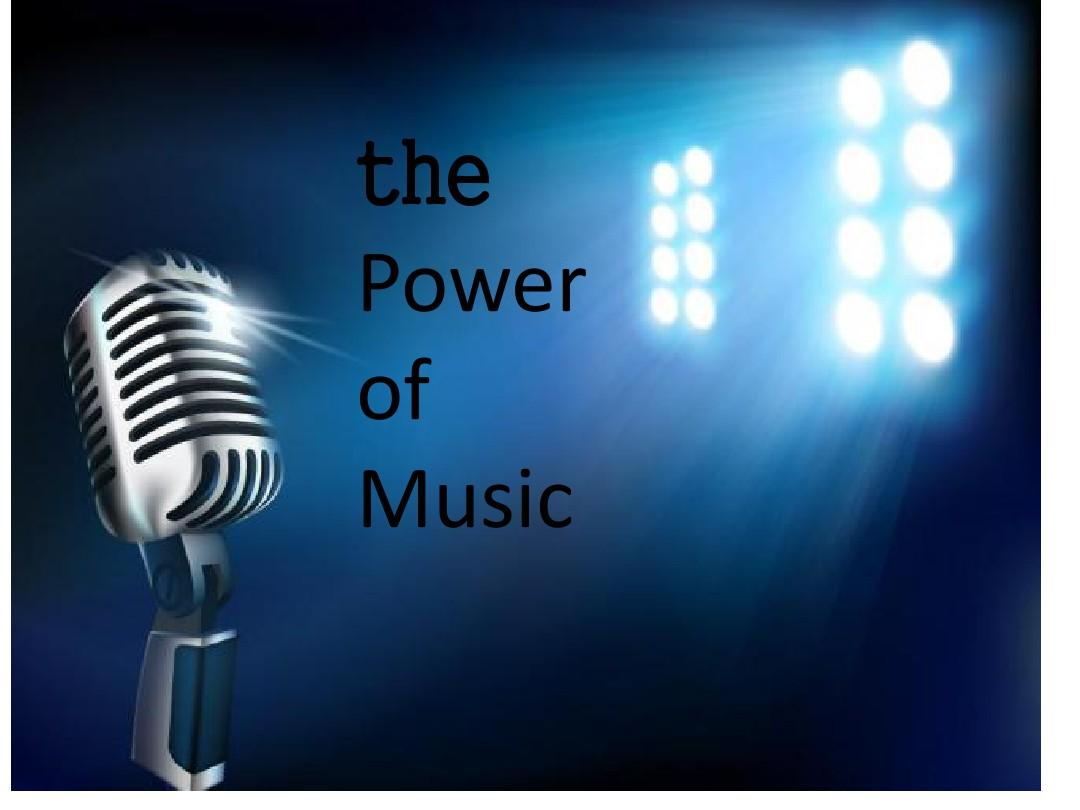
Music is a universal language that binds people across cultures and generations. It transcends barriers, evoking emotions and memories that words often cannot express. From the rhythmic beats of a drum to soothing melodies of a piano, music has the ability to impact our lives in profound ways.
At its core, music is an art form that reflects the human experience. It tells stories, captures moments, and articulates feelings that many of us struggle to convey. Whether it's a joyous celebration or a time of sorrow, music provides a soundtrack to our lives. It brings people together during festivals, rallies, and community events, fostering a sense of belonging and connection.
One of the most powerful aspects of music is its emotional resonance. A single note can trigger a wave of nostalgia; a lyric can bring tears to one’s eyes. Scientists have shown that listening to music releases dopamine, the “feel-good” chemical in our brain, which explains why certain songs can uplift our spirits or provide comfort during difficult times. This therapeutic quality of music has led to its inclusion in various healing practices, such as music therapy, which helps individuals cope with stress, anxiety, and trauma.
Moreover, music plays a crucial role in cultural identity. Different genres reflect the traditions and histories of various communities. For instance, jazz is deeply rooted in African American history, while traditional folk music often tells the tales of a particular region or people. Through music, we can learn about diverse cultures, promoting empathy and understanding in an increasingly interconnected world.
The technological advancements of recent years have transformed how we create and consume music. With the rise of digital platforms, artists can share their work with a global audience, breaking free from traditional barriers. Independent musicians can now reach listeners from all corners of the world, allowing for a rich tapestry of sounds and styles to flourish. Streaming services have made it easier than ever to discover new music, introducing listeners to genres they might never have encountered otherwise.
In addition to its emotional and cultural significance, music also has the power to inspire social change. Throughout history, songs have been used as anthems for movements, raising awareness about critical issues such as civil rights, environmentalism, and peace. Artists like Bob Dylan, Nina Simone, and more recently, musicians like Beyoncé and Kendrick Lamar, have used their platforms to amplify important messages, encouraging listeners to reflect, act, and drive change.
As we navigate the complexities of modern life, music remains a steadfast companion. It accompanies us during our commute, celebrates our milestones, and comforts us in our solitude. Whether we are dancing at a concert, singing along in the shower, or simply enjoying a quiet moment with our headphones on, music enriches our lives in countless ways.
In conclusion, music is not just an art form; it is a vital aspect of the human experience. Its ability to connect, heal, and inspire makes it a powerful force in our lives. As we continue to explore the depths of musical expression, let us cherish its magic and recognize its incredible impact on our hearts and minds.